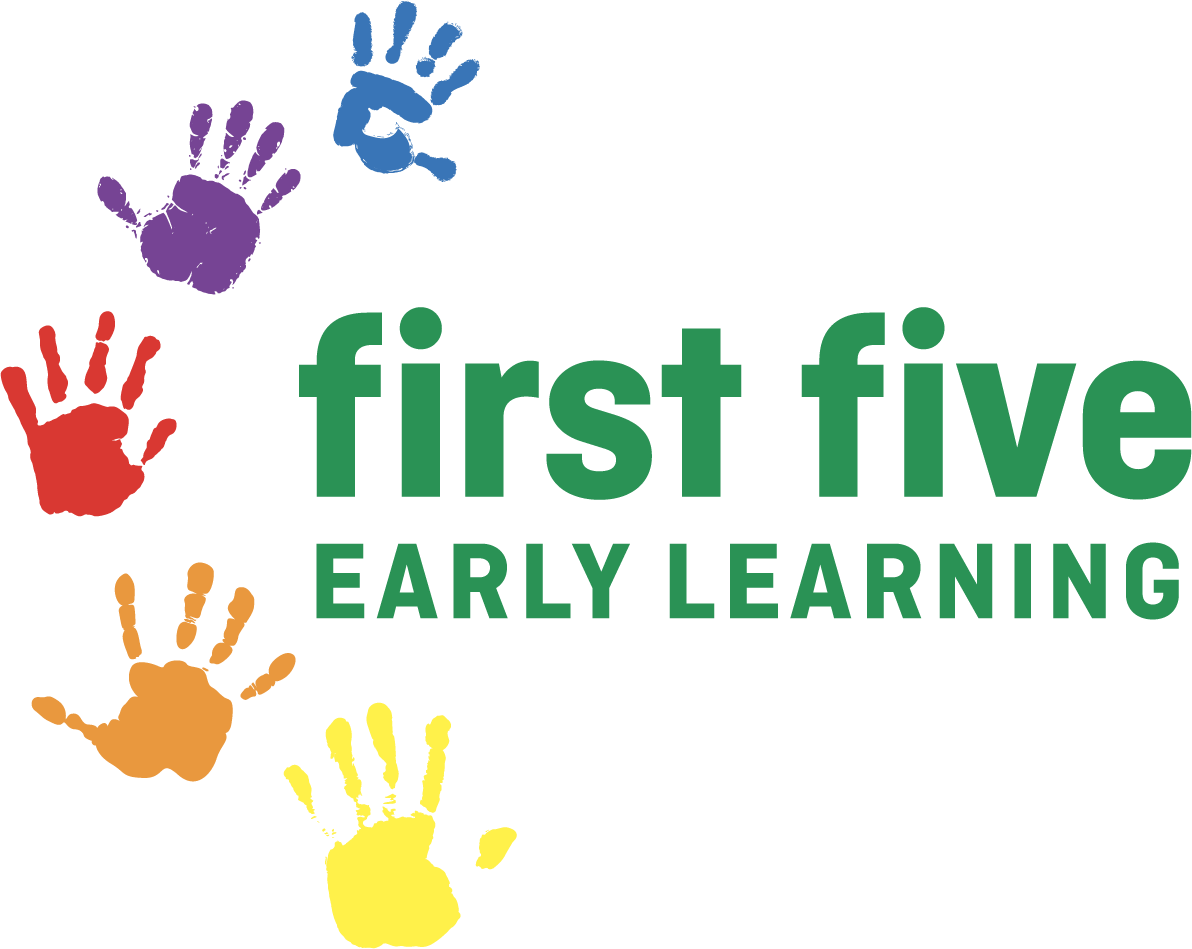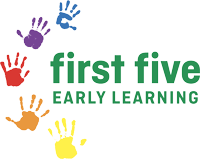
Blog #12: The Prep Interview
The Prep enrolment interview held at your chosen primary school forms part of the transition to school process. Information gathered at the interview supports the school to make decisions about class allocations for individual children in the Prep year and any required supports. The interview is an opportunity for the school to meet you and your child, gather initial information about your family, and understand what your child knows and can do.
At the Prep interview, your child will engage in tasks or activities, usually for around 20-30 minutes. Each school will have their own approach, but it is common for your child to be asked questions and be invited to engage in activities. Most families report that their interview is relaxed and provides the opportunity for two-way communication to ensure the school understands what your child might need as they enter the school environment. It is also an opportunity for you to ask questions about the enrolment and settling-in process. The Prep interview is not a test. It provides an opportunity to gather information that is paired with your child’s Transition Statement completed by their kindergarten teacher with your input toward the end of the kindergarten year. With your consent, the Transition Statement is shared with the school at which your child is enrolled.
Families can sometimes feel nervous about the Prep interview and may feel the need to prompt their child to respond in a certain way or encourage them to practise skills such as handwriting. Some families may feel nervous following the interview if their child was unable to complete an activity. Understanding the meaning behind the activities and what the school is looking for in your child’s responses can help to ease any concerns.
For activities such as the principal or teacher asking your child questions or engaging them in a conversation, the focus is on your child’s expressive (spoken) and receptive (listening) language skills. The person engaging your child in this activity will be listening for the following:
- Your child’s speech is clear enough to be understood by others.
- Your child understands what is being said to them.
- Your child is comfortable speaking with adults beyond their immediate family.
- If your child pronounces some words incorrectly, are the letter/sound substitutions developmentally appropriate? For example, your child may say “fink” in place of “think” –
a substitution that is common and developmentally expected at four years of age.
- Age-appropriate language conventions including syntax (word order in a sentence), semantics (word meaning), and pragmatics (the use of appropriate language for the situation).
- If your child is bilingual or multilingual, whether competency with their first language is developmentally sound, and to what level they can converse in Standard Australian English.
For activities such as asking your child to draw their family, identify some letters and numerals, recognise or write their name, the focus is on your child’s fine and gross motor skills, and understanding about early literacy and numeracy concepts. The person engaging your child in this activity will be looking for your child’s engagement and ability to:
- Manipulate a pencil to make marks on the page.
- Sit upright to draw and/or write for a period of time with well-developed core strength.
- Cross the midline of the body to use their right hand on the left side of their body and vice versa.
- Use drawing as a way to share and describe their thinking and ideas.
- Show life-like representations of objects and/or people in their drawing.
- Show interest in letters and numerals and differentiate between them in written form.
- Understand that lines and shapes form letters.
- Understand that their name is made up of a sequence of letters that move from left to right.
- Show interest in writing for a purpose.
The school will not expect a 4-year-old to spell or write their name or form letters perfectly. Being interested in letters and numerals, understanding that marks on a page carry meaning, and using drawing and/or emergent writing skills to express an idea is developmentally appropriate for a 4-year-old. There is no expectation for your child to be able to read and write at school entry. In the Prep year, teachers begin a formal teaching process for reading and writing in line with the Australian Curriculum Foundation Year. In the prior-to-school years, oral language skills, developing a love of stories and storytelling, and repeated engagement with a range of texts, rhymes and songs provides the foundation for formal literacy learning at school.
For activities such as asking your child to complete a puzzle or task that is new or unfamiliar, the focus is on dispositions for learning. The person engaging your child in this activity is looking for the following:
- Your child’s curiosity and willingness to have a go at a new or novel activity.
- Your child’s ability to follow simple instructions.
- Independent engagement in the task or asking for assistance as needed.
- Your child’s willingness to persist at an activity even if they find it difficult.
- Your child’s engagement in problem-solving to try and complete the activity.
- Whether your child recognises their effort in completing the task.
During the Prep interview, the principal or teacher will be looking for how comfortable your child is to engage with adults beyond their immediate family and how they manage with new or novel tasks in an unfamiliar environment. Confidence to try something new in front of unfamiliar people can be daunting for some children, even if the activity is something they have engaged in previously such as completing puzzles. During the interview, your child will likely engage in activities with a teacher while you speak with the principal or a coordinator nearby. The activities your child engages in are fun and non-threatening and provide the school with an initial understanding about your child’s learning dispositions, along with what they know and can do. The information gathered helps the school identify if additional supports are needed upon school entry.
Following the interview, some families may be provided with a list of skills or competencies the school deems necessary for starting Prep. Remember that the period of development between 4-5 years of age is significant in the areas of social-emotional skills, oral language skills, and physical development. For families attending Prep interviews as early as May in the year before, there are still eight months remaining before your child commences formal schooling, with much growth and development occurring during this time.
Why Kindergarten Matters
Kindergarten promotes foundational skills for learning and life as children grow and develop through play and interaction. At First Five Early Learning, our high-quality kindergarten programs support your child’s preparedness for school through the development of:
- Physical skills to build strength in movement patterns linked to writing, reading, independent self-care, and coping with the physical demands of the school day.
- Social skills to establish, maintain and enjoy friendships, and collaborate with peers and adults in a group learning environment.
- Emotional skills to identify, label and understand emotions, leading to self-regulation necessary for maintaining focus and taking in curriculum content.
- Oral language skills as the basis for learning to read and write and communicate effectively.
- Positive dispositions for learning including curiosity, confidence, problem-solving, persistence, concentration, and cooperation.
These five pillars provide the foundation for your child’s ongoing educational journey and support them to be successful learners in a formal school environment.
Trust that your child’s kindergarten teacher is monitoring their progress and will reach out to you with any concerns. You may also wish to speak with the kindergarten teacher about questions to ask at the Prep interview related specifically to your child. As the Prep interview encourages two-way communication, make the most of the opportunity to share and gather information that best supports both you and your child to navigate the transition to school.
Dr Melinda Miller
Director of Early Learning


